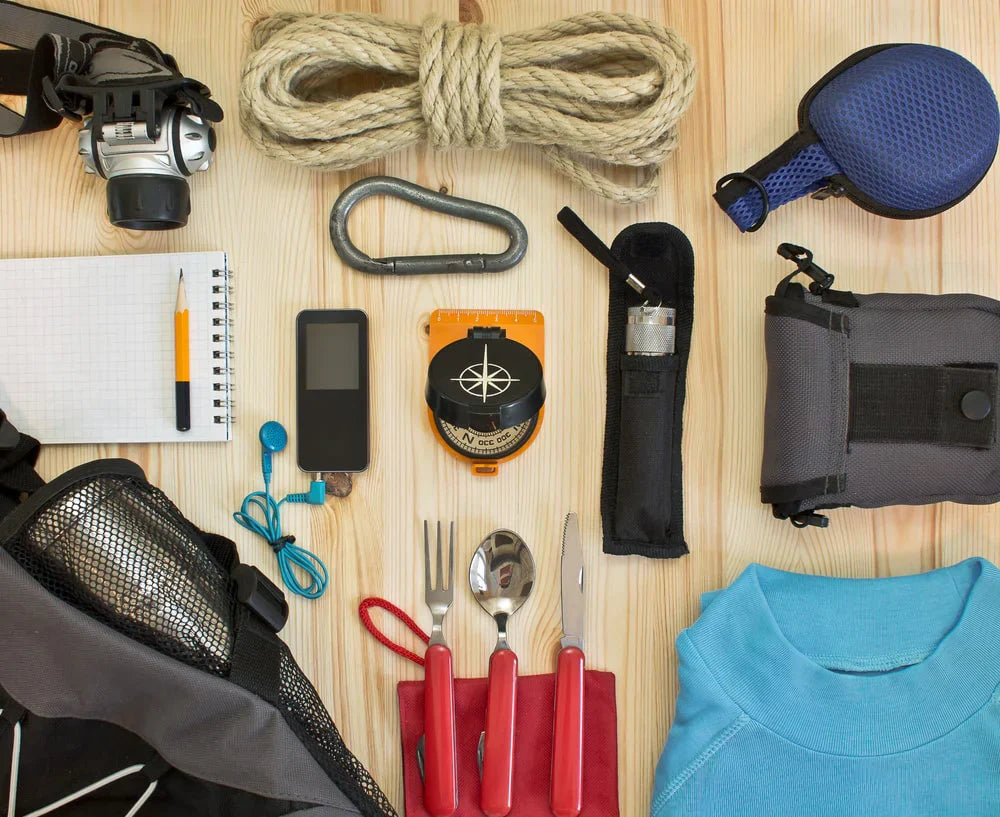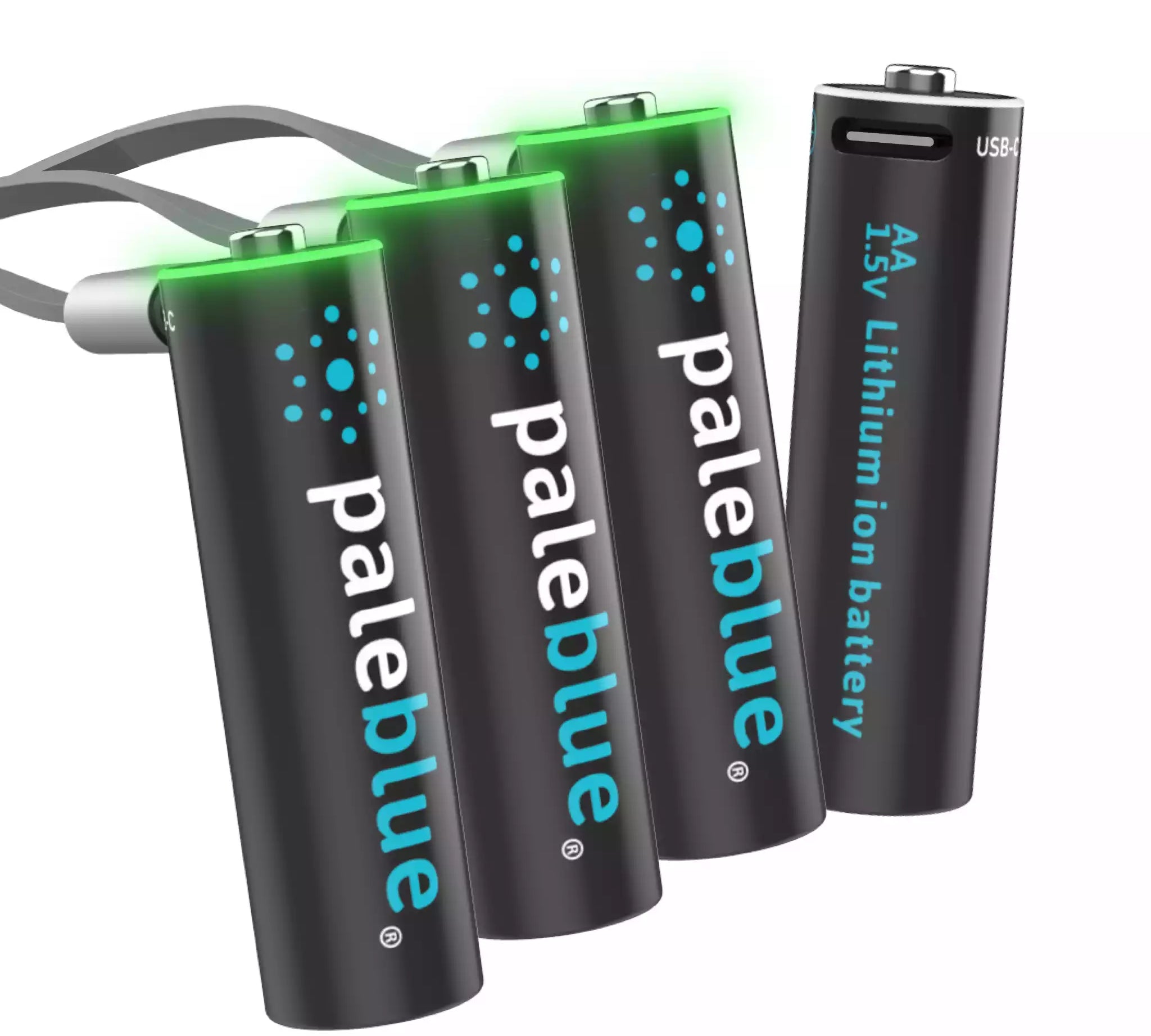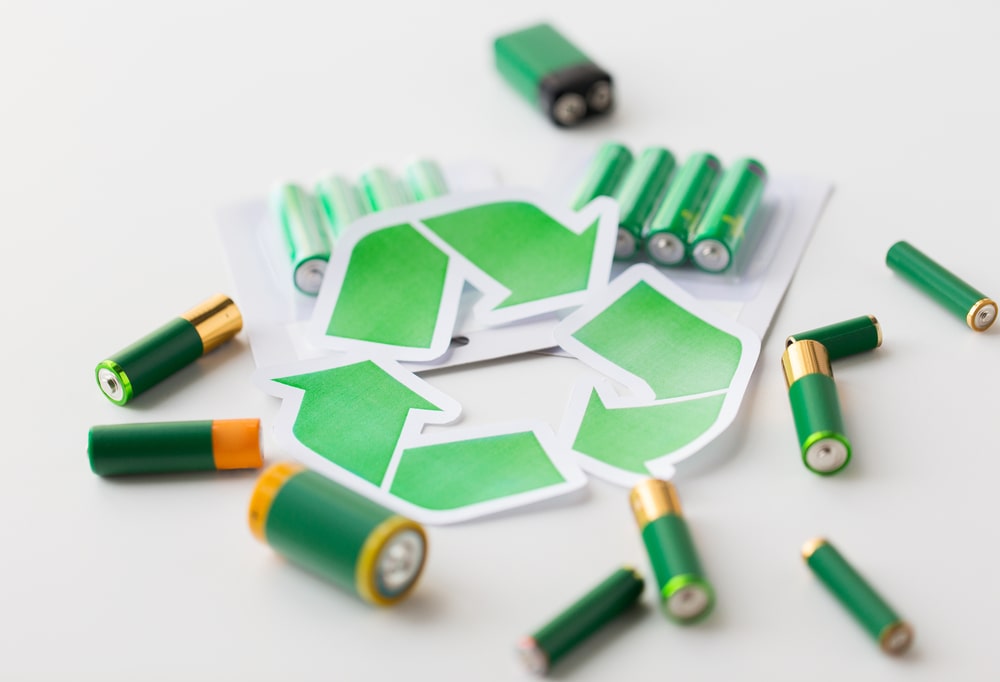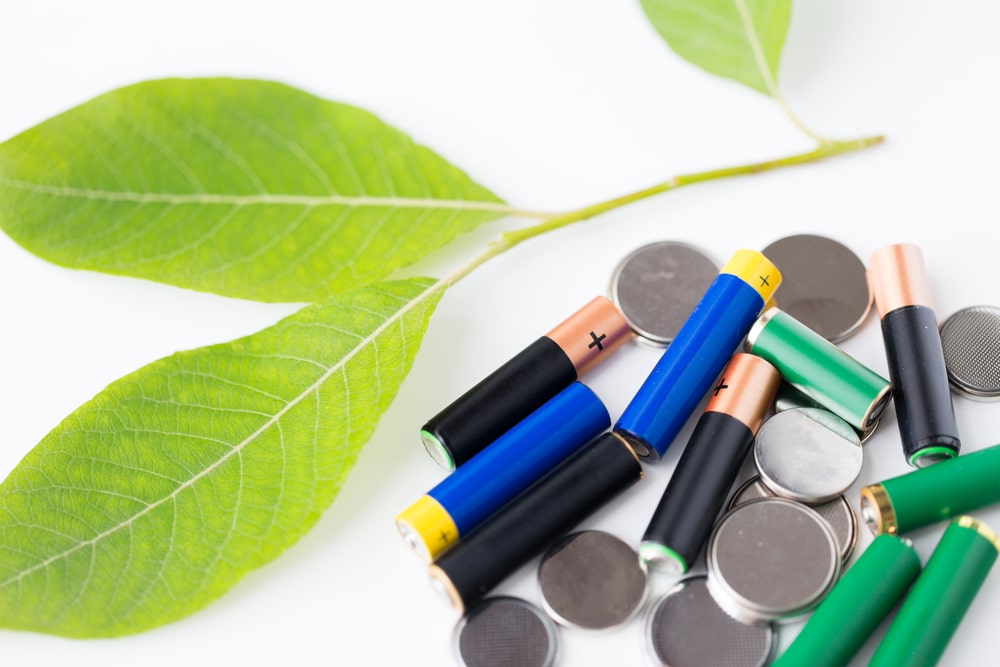How to Get Completely Off the Grid

Back in the late 1990s, the world was grappling with the unknowns of a computer-driven society turning the page from 1999 to 2000. What was dubbed the 'Y2K' problem became a worldwide phenomenon and the impetus for a revived doomsday prepper movement.
We now know that most of the Y2K concerns from 20+ years ago were unfounded. Yet some of the principles established by the preppers of the day remain intact. Self-reliance is a principle that resonates for most and there are many who are committed to getting completely off the grid.
Our USB rechargeable lithium ion batteries can be a helpful component in off-grid living or simple day to day self-reliance. Living off the grid requires a ton of high-quality, reusable resources that do not rely on traditional power supply. Rechargeable batteries certainly fit the bill.
What 'Off the Grid' Means
Living off the grid means different things to different people. Some people see it as not using grid power but still using municipal water and sewage. Others see living off the grid as not using any outside sources for electricity, water, or sewage.
We will go with the latter definition just for effect. If you truly want to live off the grid without relying on the power company or municipal water and sewage, you need to know what you are doing.
Providing Your Own Electricity
The minute you cut the cord with the electric company you are on your own in terms of generating power. Thankfully, there are plenty of ways to do that. Solar panels are a good start. Today’s solar panels are a lot more advanced than their predecessors. They can provide quite a bit of electricity by harnessing the power of the sun.
For most people, solar panels alone are not enough to power an entire home. So you supplement. A wind turbine is an excellent choice if your land can support it. For heating water and generating space heat, solar thermal is the way to go. A well-designed solar thermal system can fully replace your hot water tank and your electric or forced air heating system.
USB rechargeable batteries will take care of your electronic devices. And if you don't want to use the power you generate for household needs to recharge your batteries, you can invest in solar chargers.
Providing Your Own Water
Clean water and proper sewage disposal are where going off the grid can get a little tricky. Hopefully you have a piece of land large enough to support a well and septic system. A well with a pump can supply all the water you need for cooking and bathing. You can collect rainwater for washing your clothes, washing the dishes, etc.
Proponents of living off the grid take care of the sewage component by having a septic system installed. Again, you need a piece of land big enough to support this. But don't worry. Septic systems are as common in the U.S. as municipal sewage.
Thinking Outside the Box
Though it is a cliché, you really have to think outside the box to live completely off the grid. Know that there are ways to do it. Off-grid living is attractive to a lot of people in that it both saves money and means no longer having to rely on outside sources for safety and comfort.
Any plans you might have to live off the grid should be preceded by plenty of research and thought. Do not forget that USB lithium ion batteries can be a key component in your success. They power the same devices as you rely on single use alkaline batteries for, they are more environmentally friendly, and they cost less in the long run.
- Tags: Convenience







